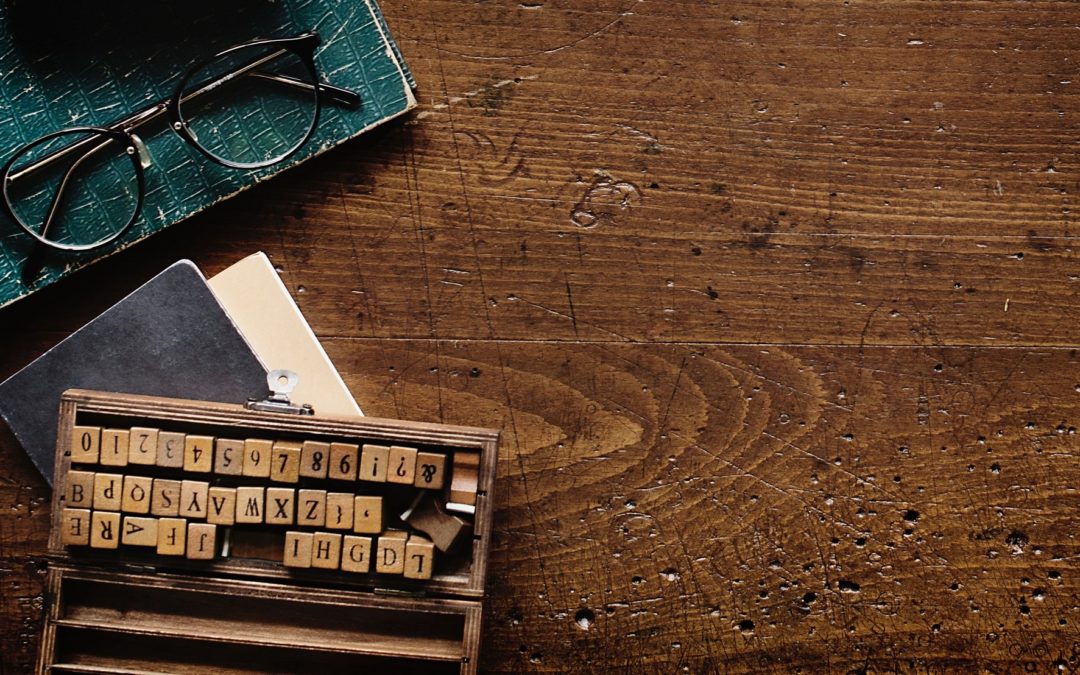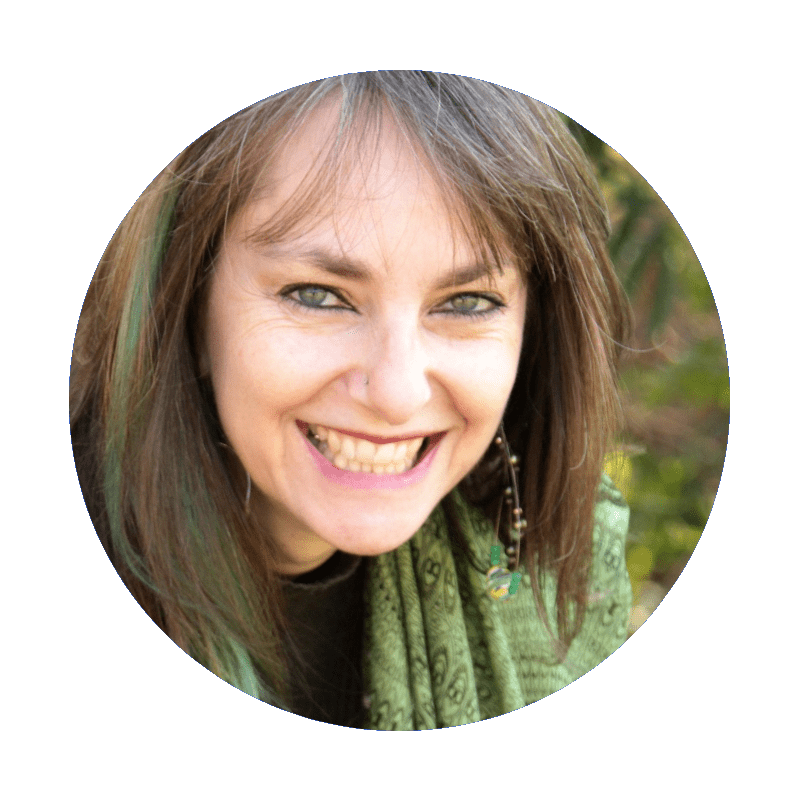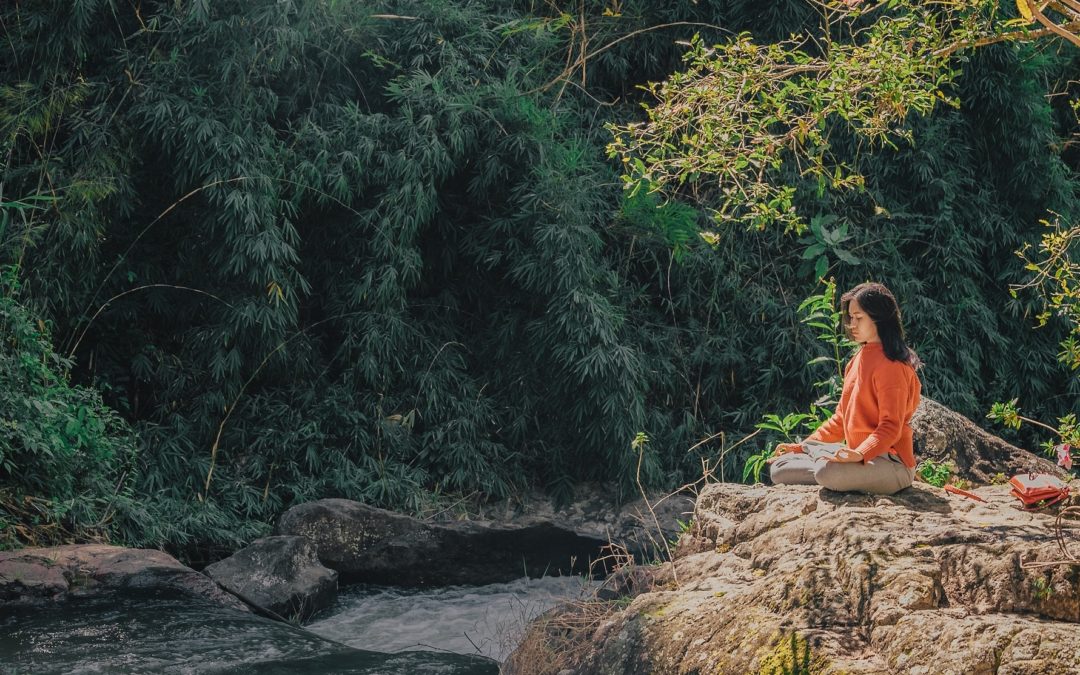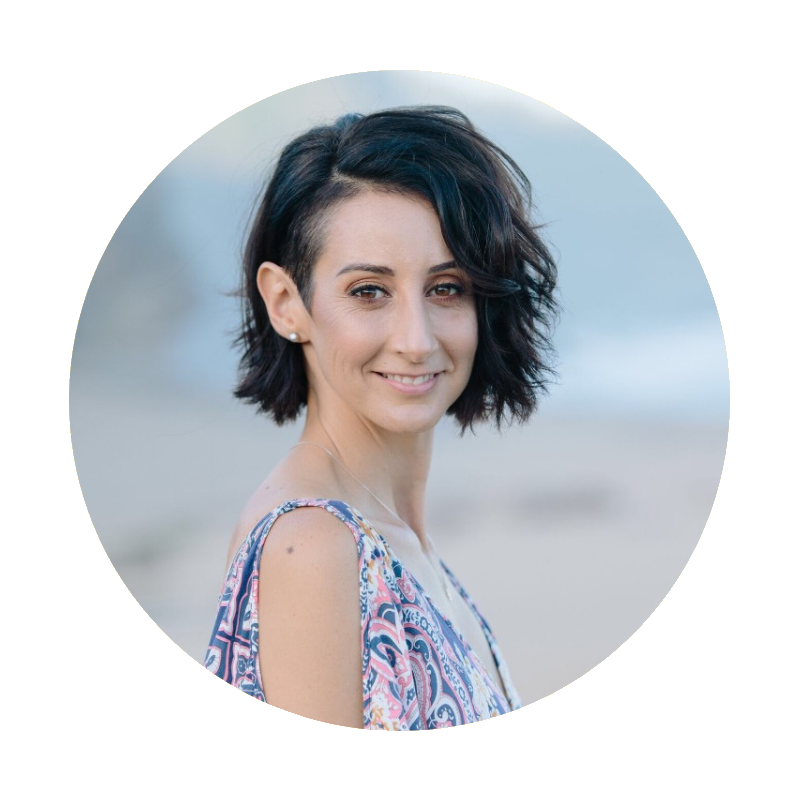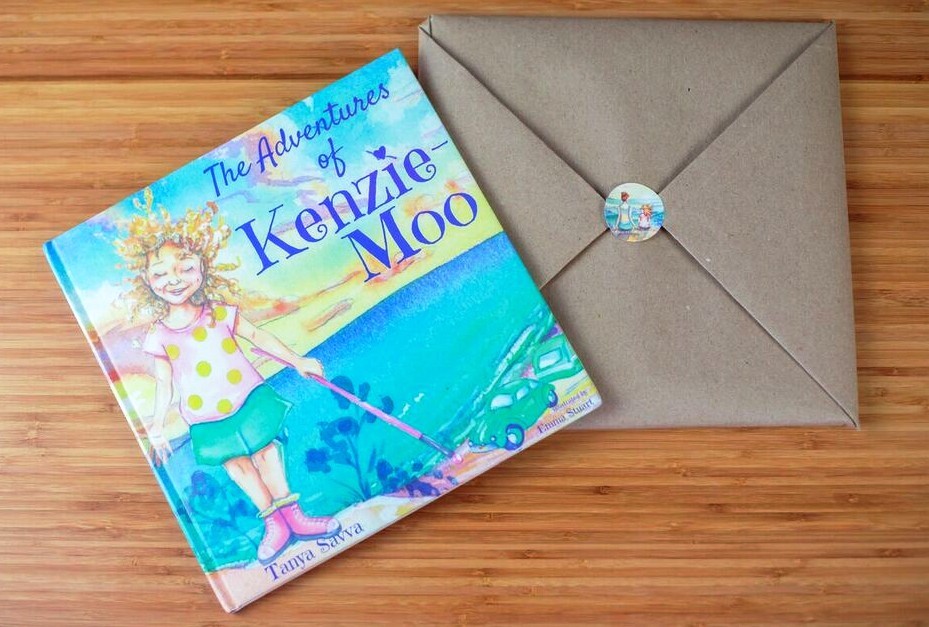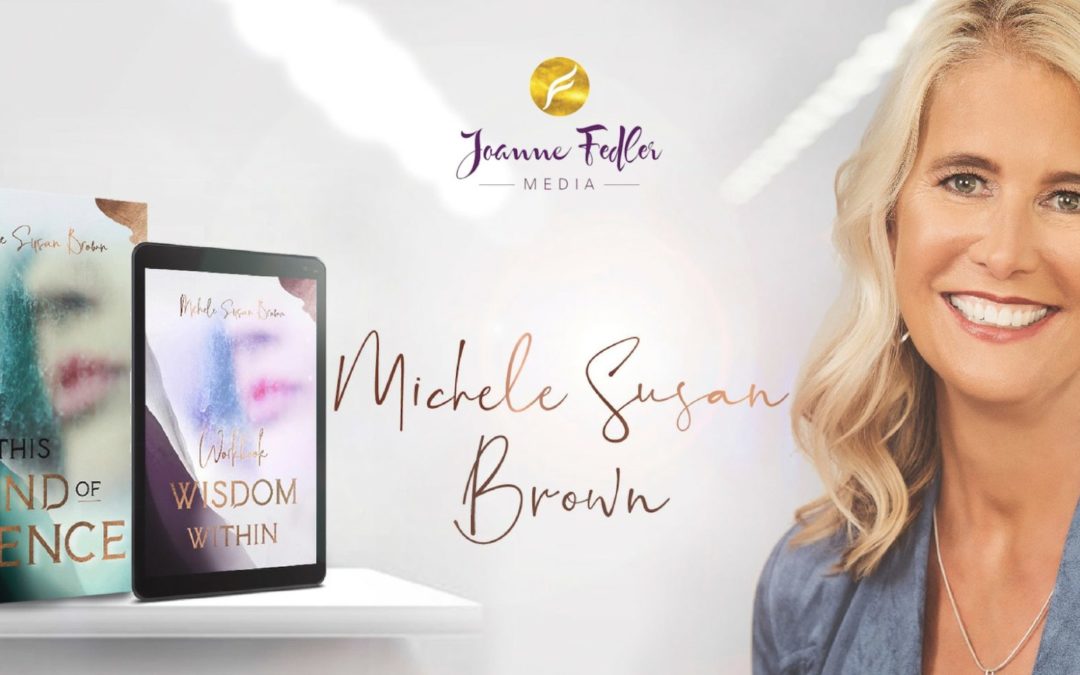
Swimming with Details
Swimming with Details
I just returned from a family trip to the Big Island of Hawaii where we celebrated my parents’ 60th wedding anniversary. We experienced vast views of lava-filled fields against turquoise waters, watched white puffs of whale blows, cheered breaches of power, savored sunsets and colorful skies, and golfed on fairways frequented by goats.
One morning, we drove south of Kona to a beach commonly referred to as Two Step because of its easy gradation for swimmers into a popular, vibrant snorkeling destination. After carefully stepping barefoot over mounds of black lava brushed with a dust of golden sand, four of us sat on a mossy ledge at the water’s edge. With sunshine beaming on my shoulders, I put on my fins, mask and snorkel, and joined the gentle surf, returning to the warm, refreshing Pacific Ocean with a glide.
Swimming out, my neck became a swivel of curiosity, marveling right away at the colorful life below. White coral, purple leaves, schools of bright yellow tang, and sharp spines of black sea urchin filled my view. I studied hidden openings to see creatures darting in and out, parrot fish lingering, and a large school of black fish shuffling by.
I ventured out further after noticing where the sharp shelf of reef fell off to introduce a deeper, less color-filled, more barren territory. Drawn to ray beams of light that cut through the empty water to create an angelic-like display, I explored the place of open serenity. This new scene seemed like nothing compared to the brilliance of the reef, until I glanced to my right.

About Michele
Michele Susan Brown is the author of This Kind of Silence: How Losing My Hearing Taught Me to Listen. She is a writer and a speaker based in Northern California, where she lives with her husband, two dogs, and the wild birds that visit her backyard feeders. Michele enjoys connecting with others and engaging in deep discussions about the importance of listening to our own intuition, being brave and vulnerable, and the freedom found in authenticity and truth.
You can connect with her at www.wisdomwithinworkbook.com, and/or write to her at [email protected]
A pod of at least sixteen Spinner dolphins were suddenly beside me. Several seemed to greet me with inviting eyes, and I instinctively placed my hands behind my back, clasped them, and gently kicked my fins to increase my pace and join them. With grace, we all swam together. They gradually joined me near the surface where each took their conscious breath.
I stared at their pointy rostrums, their dark-lined flippers, the subtle shade changes on their bodies from belly to pectoral fins. I became one with them for moments that folded into minutes. My heart expanded, my eyes filled, and a surge of awe moved through me at the utter sense of oneness. We were the only beings that existed, and I enjoyed their company for as long as they allowed.
Later, sitting in a beach chair on uneven lava and feeling reflective, I started thinking about being a writer and the importance of being able to create vivid, strong scenes. I realized how my experience in the water could be an effective example and a reminder of how to do that. And I began to ponder deeper into how I might communicate the nuance in every moment, regardless of whether it is common or exceptional.
When I want to write important scenes, it helps me to visualize writing it as if watching a movie.
The “pan out” or larger view set-up, and then the zoom in and focus on specific action and detail. If I can think of myself as a movie director watching a scene unfold, I can ask myself questions like:
- Where are we in space and time?
- What’s visible and noticeable that calls to be captured?
- What sounds do I hear?
- What sensations are evident?
- What details beckon to speak?
- What emotions arise?
If I can linger there, draw out the experience by immersing myself in it with full presence, and capture it with visceral words, then I can link arms with my reader and take them on the journey with me.
Just as the dolphins drew me right into full presence alongside them.
Michele has just launched her book, This Kind of Silence, on International Women’s Day.
To learn more about the book and to watch Michele’s interview with Joanne Fedler, please click the button below.


